Mice have coevolved to survive with humans. They are adept at slipping through the tiniest of cracks and lurking in the shadows and inaccessible points of your structures. Mice survive by going unseen. Unfortunately, what you do not see may shut you down.
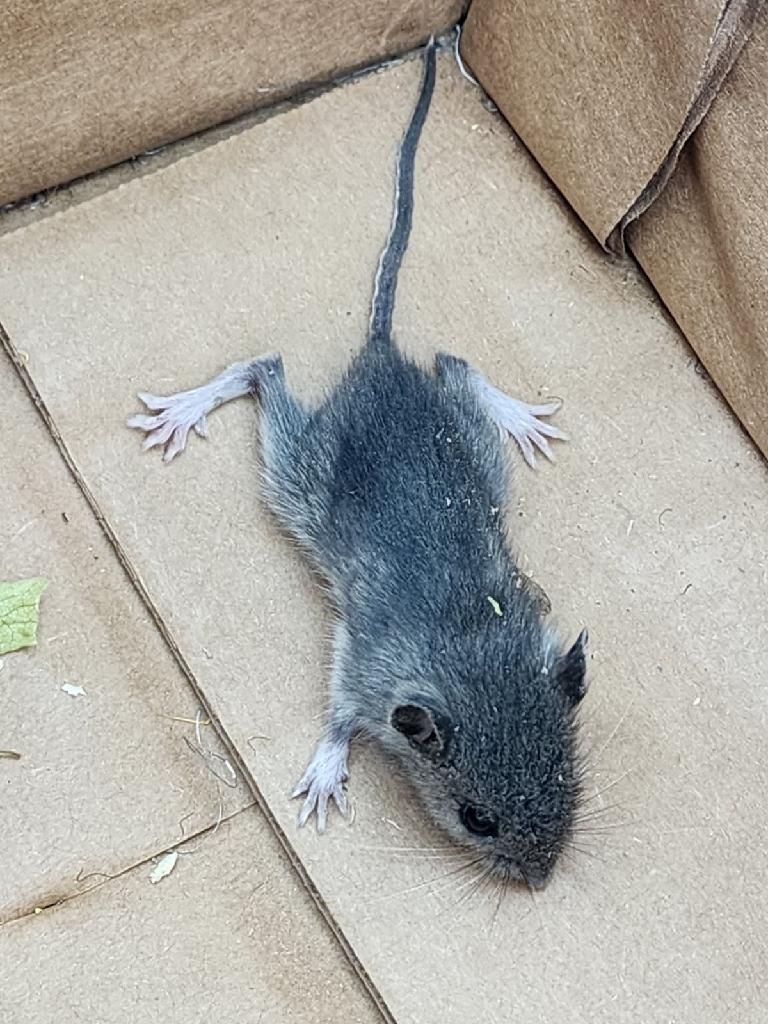
Shutting down electronics
Mice, rats and all rodents are innate chewers. They love to gnaw and oftentimes will take a liking to gnawing on wiring. Wiring is especially attractive because it is often contained in dark, protected and warm areas. Especially susceptible wires include:
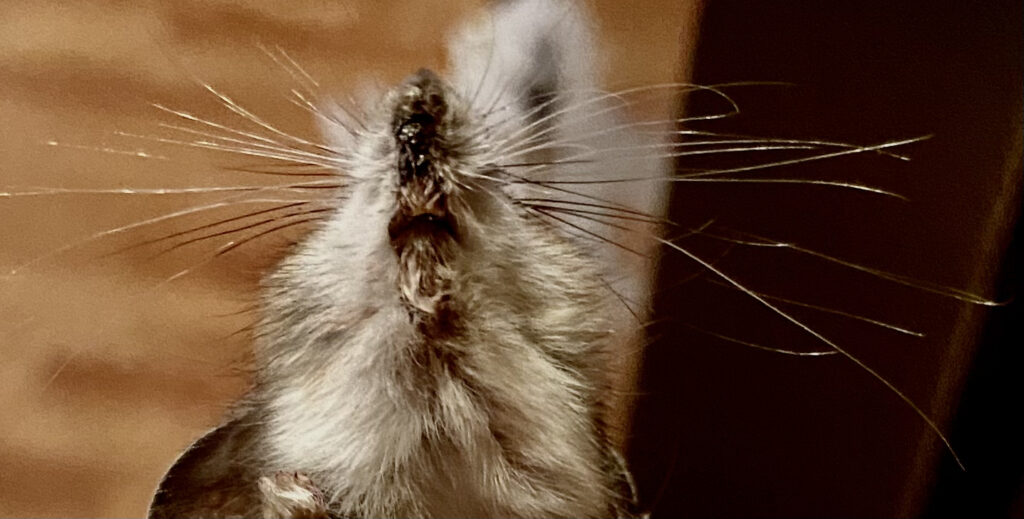
- Appliance wiring
- Network cables
- Computer wires
- Ventilation wiring
- Vehicle electronics and connections
Depending on the nature of your structure, there may be many other components that need protection. Electrical shorts can lead to fried equipment or fires, so having a rodent plan in place to protect the structure’s functionality is a wise investment.
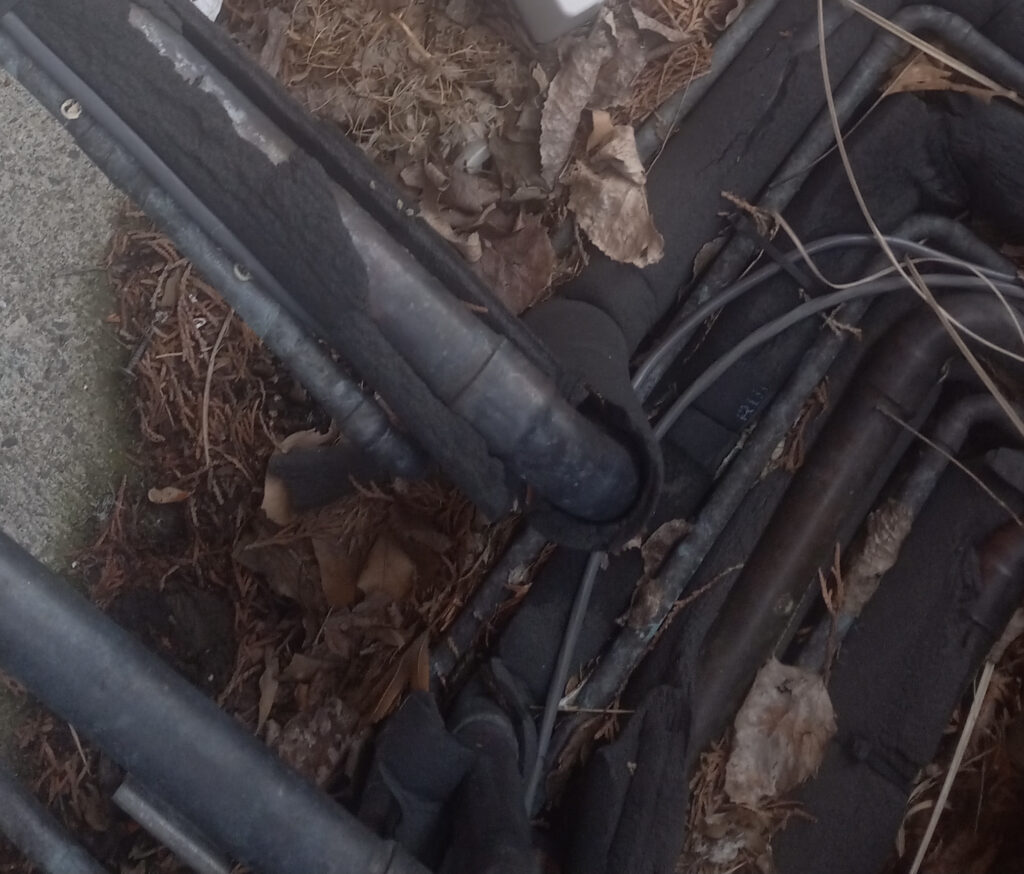
Shutting down personnel
A body can only work as well as it functions. Since mice spend their time in and out of refuse, they are well-known hosts of many unwanted pathogens. These pathogens may be directly or indirectly spread by rodents:
- Direct spread diseases include:
- Hantavirus/HPS
- Hemorrhagic Fever (w/REnal Syndrome, Lujo HF, Omsk HF)
- Lassa Fever
- Leptospirosis
- LCM
- Monkeypox
- Rat Bite Fever
- Salmonellosis
- South American Arenaviruses
- Sylvatic Typhus
- Tularemia
- Indirect diseases include:
- Anaplasmosis
- Aniostrongylus
- Babesiosis
- Borreliosis
- Colorado Tick fever
- Cutaneous leishmaniasis
- Flea-borne Typhus
- Hymenolepis diminuta
- La Cross virus
- Lyme Disease
- Moniformis moniliformis
- Plague
- Powassan virus
- Rickettsialpox
- Scrub typhus
- Tick-borne Relapsing Fever
- Tularemia
The list length is ridiculous, but important to be aware of. The rodent and tick connection sure enhances their threat. When considering the diseases that rodents may introduce to the equation, ensure protection of structure occupants such as pets, visitors, customers, employees, family members, neighbors. It only takes one pathogen to make you wish you had rodent protection in place prior.
Shutting down reputations
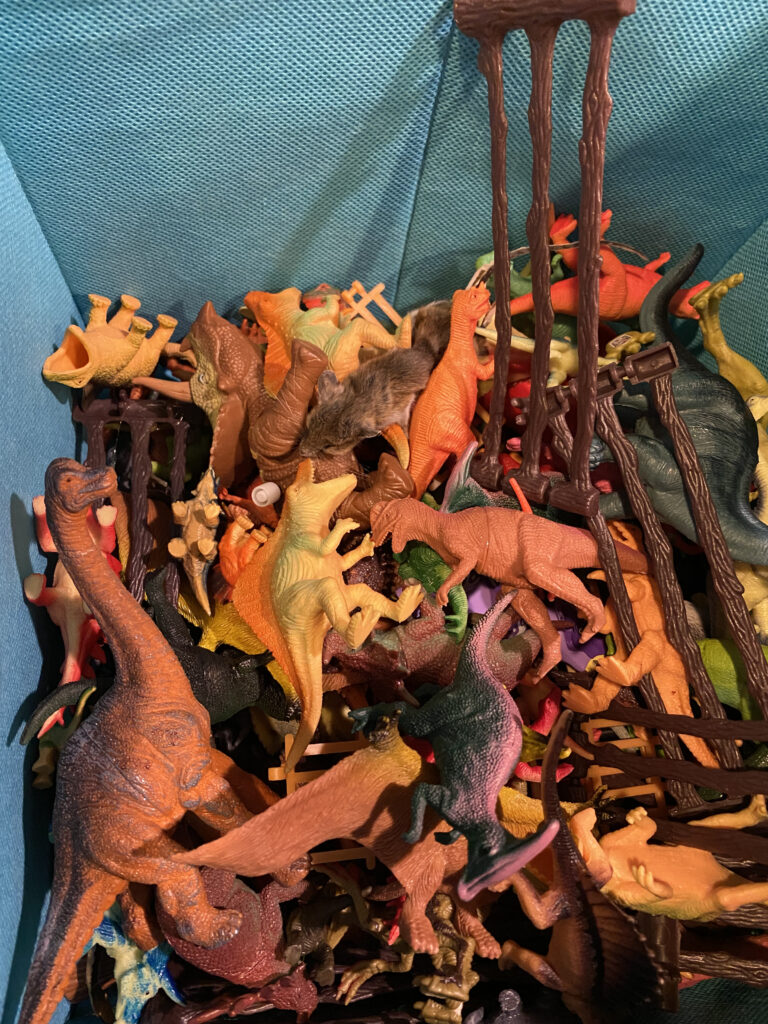
Reputations for both businesses and members of a neighborhood may take months and years to establish on the positive side. Unfortunately, it only takes one bad incident to override reputation capital. Businesses and people have had wonderful reputations take a 180 degree turn in a single day with the wrong incident. With rodents, the main threats to reputation include:
- Food contamination
- Disgust over seen rodent droppings
- Startling visitors at the sight of a rodent appearance
Preventing rodents saves time, reacting to rodents can lead to days or weeks of being shut down. Trying to operate while a rodent situation is trying to get resolved increases the reputation risk.
Shut rodents down before the start
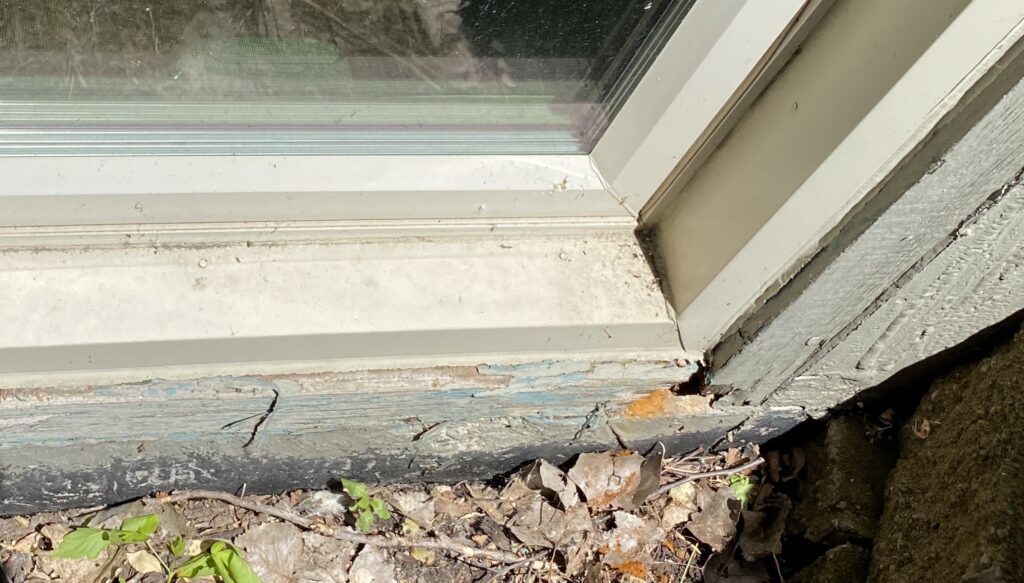
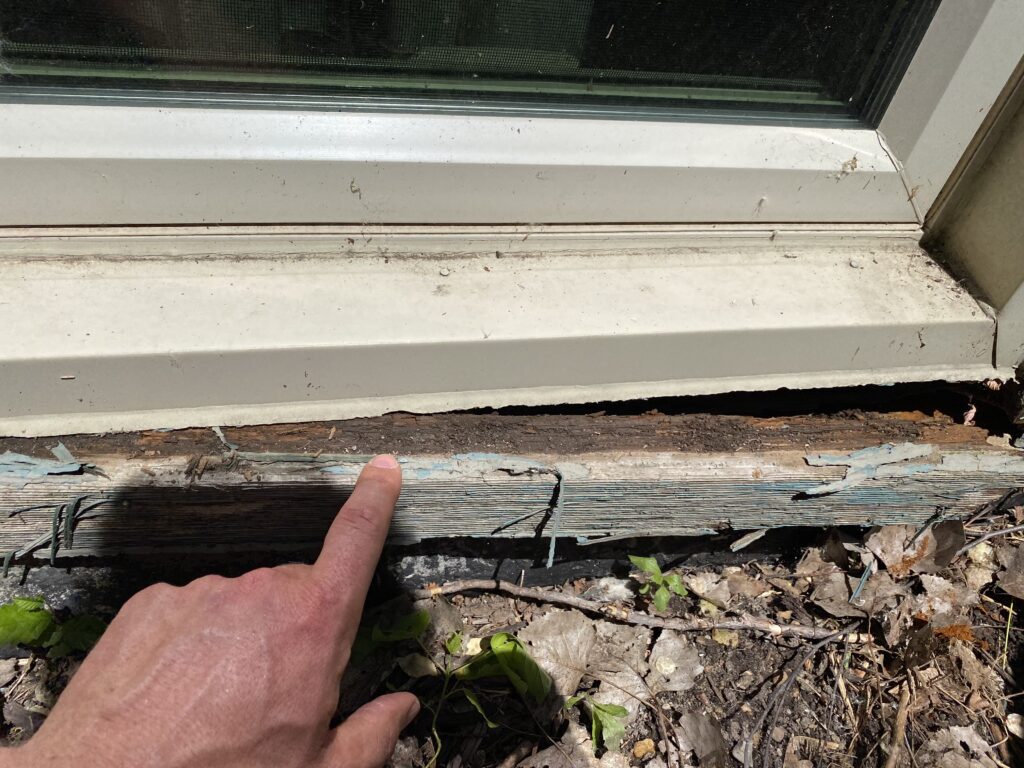
Every structure has unique components that need addressed for rodent protection. The situation is always evolving from one season to the next and from year to year. Regular inspections and proactive defensive adjustments shut rodents down and keep you, your business, electronics, and your reputation running. Connect with one of Rove Pest Control’s rodent experts to take care of what you currently cannot see.
Solving the Autostereogram
It is easier for some people to be able to view the image hidden in autostereograms than it is for others. For a quick guide on a few different techniques to viewing them, visit this handy guide here. Otherwise, you can just scroll through the original image and then the hidden image overlaid clearly on top of the original puzzle.
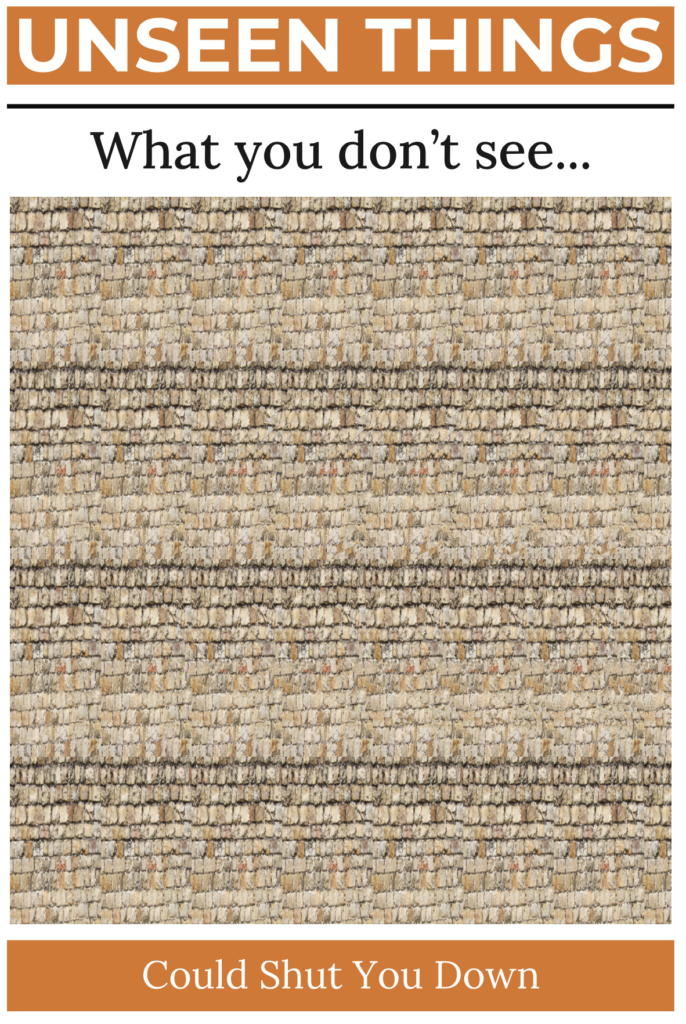
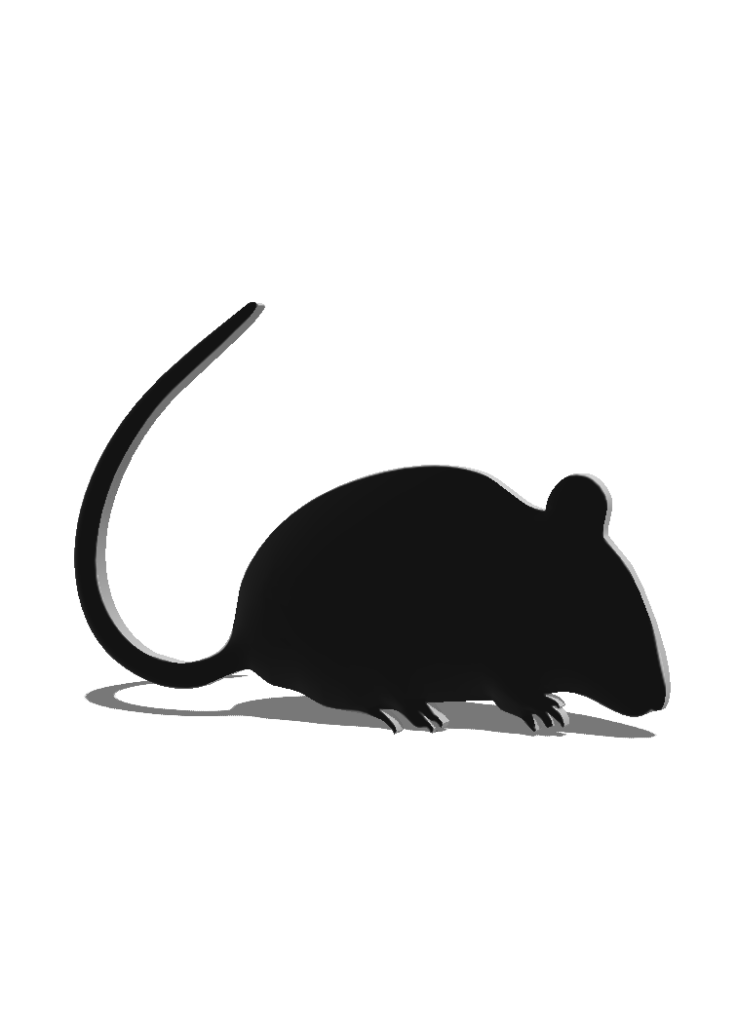
About Rob Greer: Pest Control Expert and Industry Leader
Rob Greer, co-founder of Rove Pest Control, has a deep connection with nature, developed during his upbringing in rural Idaho where he raised horses and cattle. He began his career in pest control in 2001 to support his university studies. After earning a BS in Business Management, Rob, along with Lenny Gray and McKay Bodily, founded Rove Pest Control.
Rob has played a pivotal role in shaping the operational framework of Rove Pest Control, with a focus on personal development for team members, public health awareness, and tailoring services to meet the needs of individuals and communities.
As an Associate Certified Entomologist (ACE) and Subject Matter Expert (SME), Rob has made significant contributions to the pest control industry. He has collaborated on the Minnesota Department of Agriculture’s UMN Extension certification manual and exam development, the National Pesticide Applicator Certification Core Manual for the EPA, and the Quality Pro Customer Service Credential Task Force. His expertise has also been recognized in his testimony for the pest control industry before the Minnesota state legislature as a State Policy Affairs Representative. Currently, Rob serves as the President of the Minnesota Pest Management Association Board. Learn more about Rob Greer.